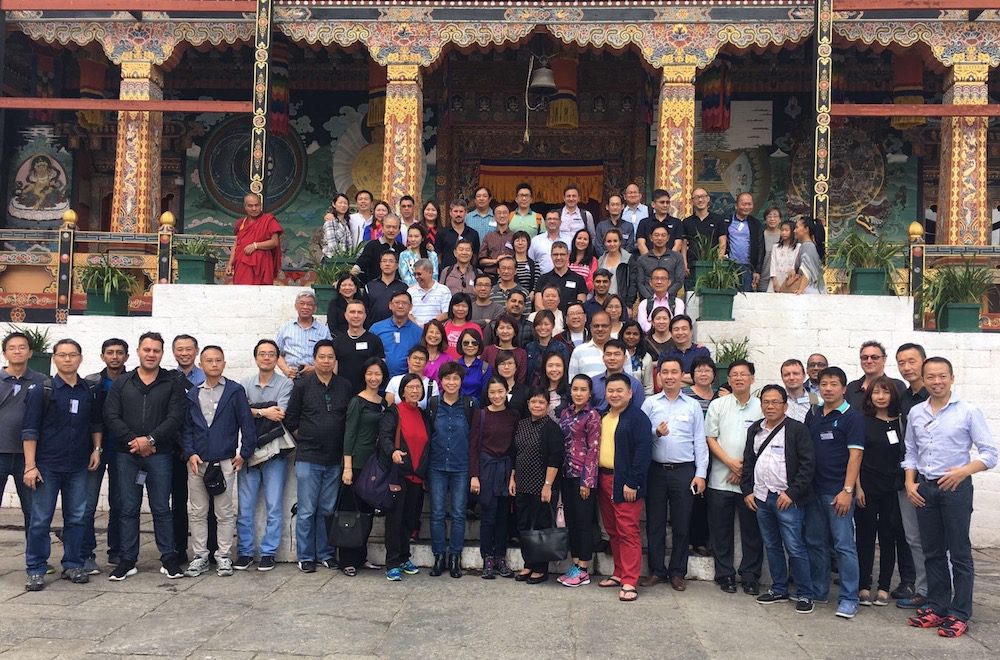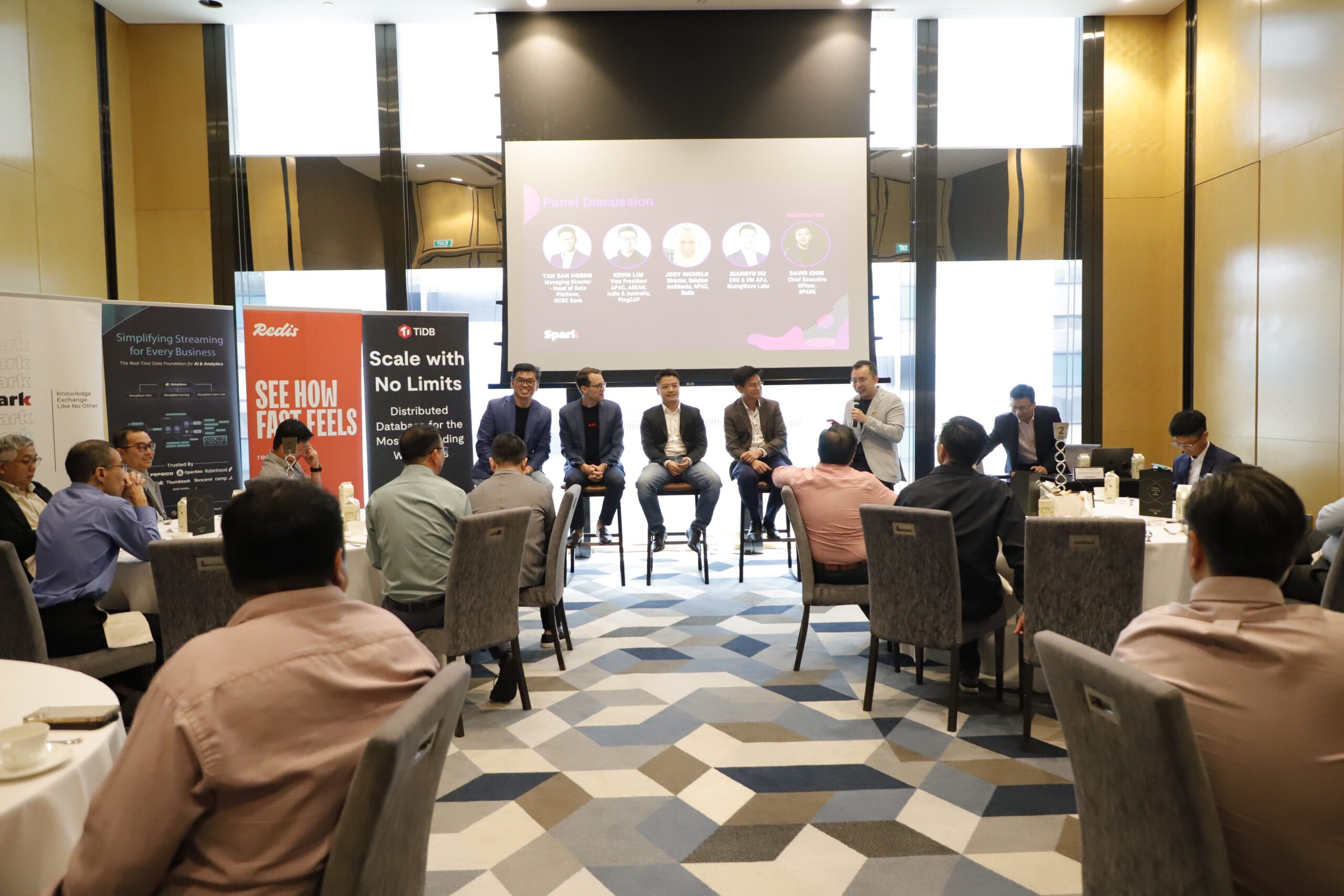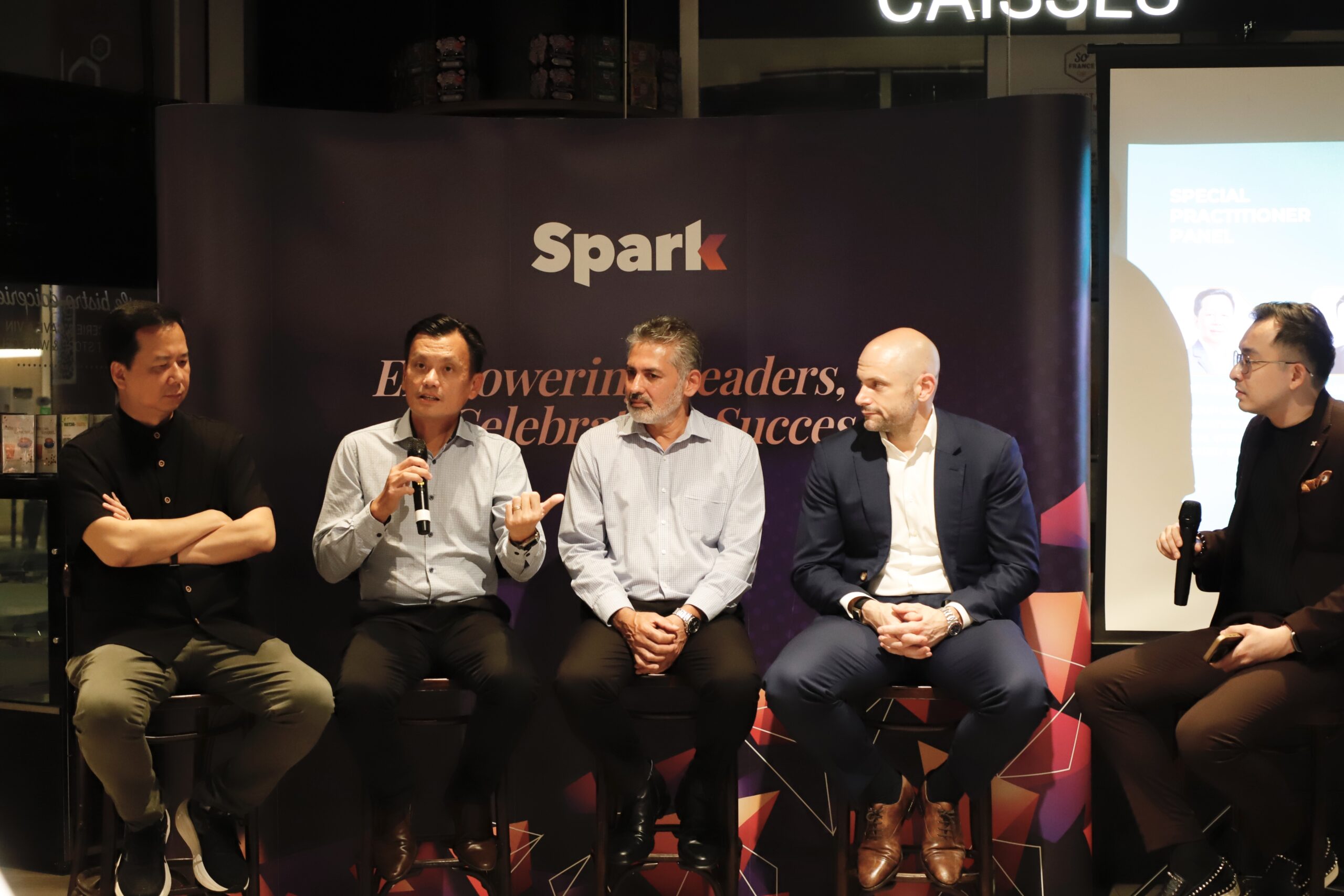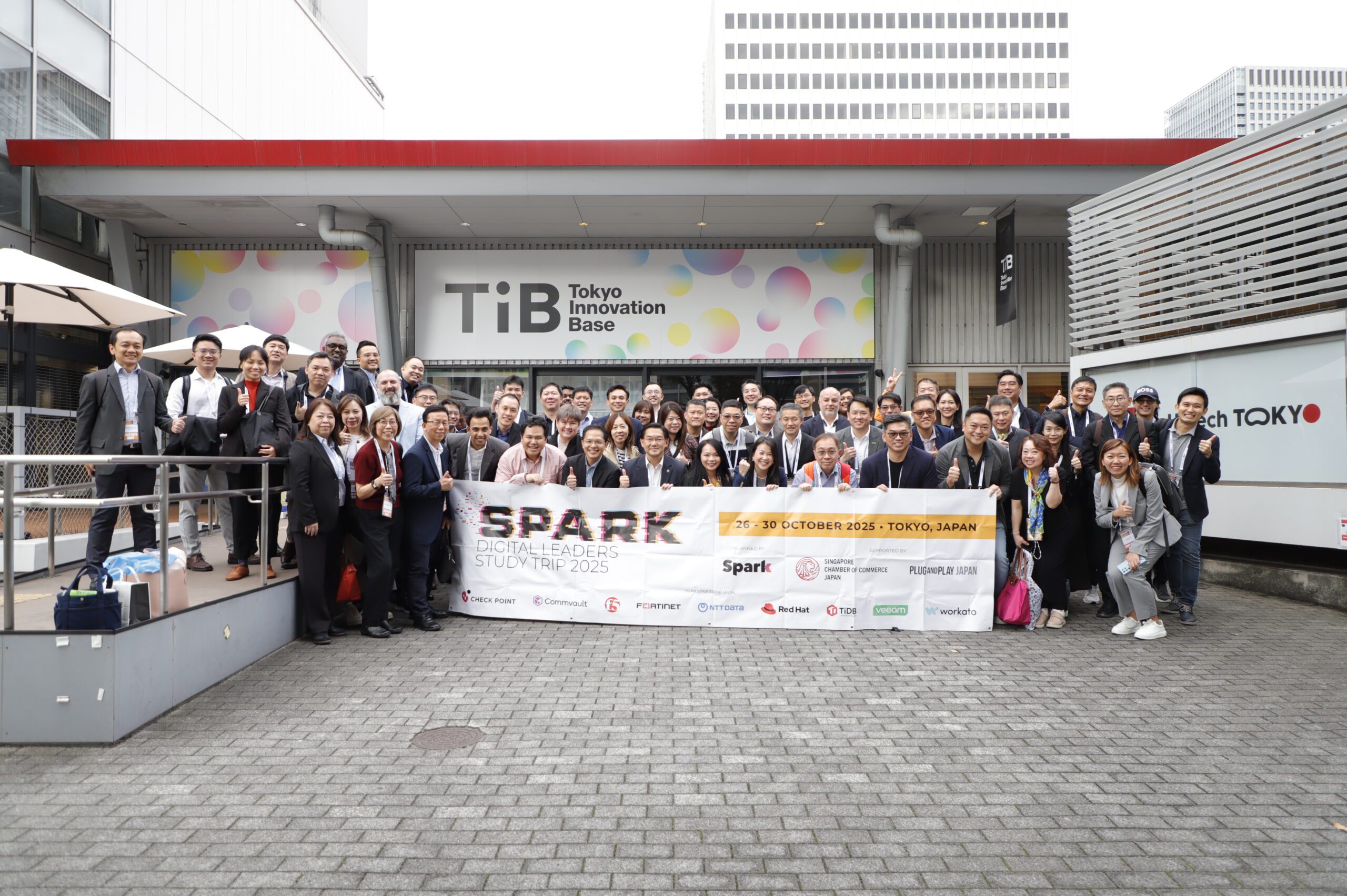This article is published by Tech Goondu, August 2016.
Holiday makers search the Internet for the best deals on hotels and flights in planning their getaways with their families, loved ones or friends. However, the most affordable deals no longer suffice.
Reviews on social media have replaced good deals as the key to unlock customer wallets for these travels.
Ng Tiong Gee of Resorts World Sentosa (RWS) told a recent conference of chief information officers that control over the business has shifted from the hotel to the customer.
“In the past, people would find the hotel that suits their budgets and then they go for it. Today with social media, people go to travel site Trip Advisor to find out what other holidaymakers have discovered about the hotels and the places they want to visit. Their decisions are based on what the experiences of other people,” said Ng, RWS senior vice-president for technology.
Speaking at the two-day ConnectGov conference held in Bhutan a fortnight ago, he said RWS is managing this disruption, working towards personalising the visits and experiences of each of the 30,000 people who visit the theme park each day.
Their memorable experiences will find its way into social media and influence others to visit RWS.
Ng noted: “Mass personalization is transforming our entire business. This is what we’re going through. Technology lets us to do mass personalisation, allows us to find out customer preferences like what do they do and where they go during their visit to Resorts World. We give customers what they want and like, not by pushing them special offers through e-mails.”
He was a panelist on digital disruption with two other corporate executives, Susanna Shen, head of Corporate IT, The Hong Kong and China Gas Company and Kiwi Aliwarga, chief executive and co-owner of UMG Group, Myanmar.
Hiring the right people with the passion to ride the digital disruption is important for success, said Aliwarga, whose company is in various sectors including distribution, property and infrastructure development, entertainment and telecom and IT.
“We’ll miss many technologies but having people with the right passion will help businesses go the extra mile. We can’t catch up with technologies but we can create a platform like an incubator for employees and customers to work on new ideas,” he noted.
While 80 per cent to 90 per cent of ideas will fail, incubators will initiate dialogue with employees and customers which will lead new business initiatives as well as help us understand digital trends,” he added.
ConnectGov is organised by the Singapore-founded CIOAcademy Asia. Chief executive officer Glen Francis said the tiny Himalayan kingdom of Bhutan was selected as the first site for its flagship conference to highlight that small developing nations are also using technology to connect people.
It is a country that is guided by Gross National Happiness, a measurement of how contented its people are. Policies are people centred and focused on conservation of the country’s culture and environment.
About 140 attendees from 15 countries travelled to Bhutan. The majority of attendees were from Singapore with the rest from Malaysia, Hong Kong, Philippines, Myanmar, Vietnam, Estonia and Spain. They discussed digital disruption in the public and private sectors, innovation and the challenge of cybersecurity.
At a panel on cybersecurity, Murari Kalyanaramani, head of information security at a global bank said: “We’ve to move away from being 100 per cent response mode all the time. We’ve to move from reactive to predictive and proactive.”
He said his bank is looking at situational awareness beyond just technical threats but also political events of interest with a potential impact on cybersecurity . For example, during the Brexit voting in England, the bank adopted a balanced focus of ensuring the availability and accessibility of the trading systems as well as security.
“We advised the business that during such situations, there would potentially be phishing attempts because amid the volume of business and global interest of the Brexit event, employees could be exploited through targeted phishing attacks. This indicates a mindset change from a conventional approach to security is needed even in the IT departments.”
The panel which was moderated by Dr Madan Oberoi, the Singapore-based director of Interpol cyber innovation and outreach, who also came up with other recommendations:
* Do not cut cyber security budgets, continue spending on security services such as user awareness and patch management
* Develop a response for quick reaction to a cyber attack so as to limit impact on the business
* Rehearse the reaction to an attack to be better prepared
* Develop better threat intelligence
* Share attack methods so that other companies can identify similar intrusions.
Grace Chng is a veteran tech writer.
Read full article here







